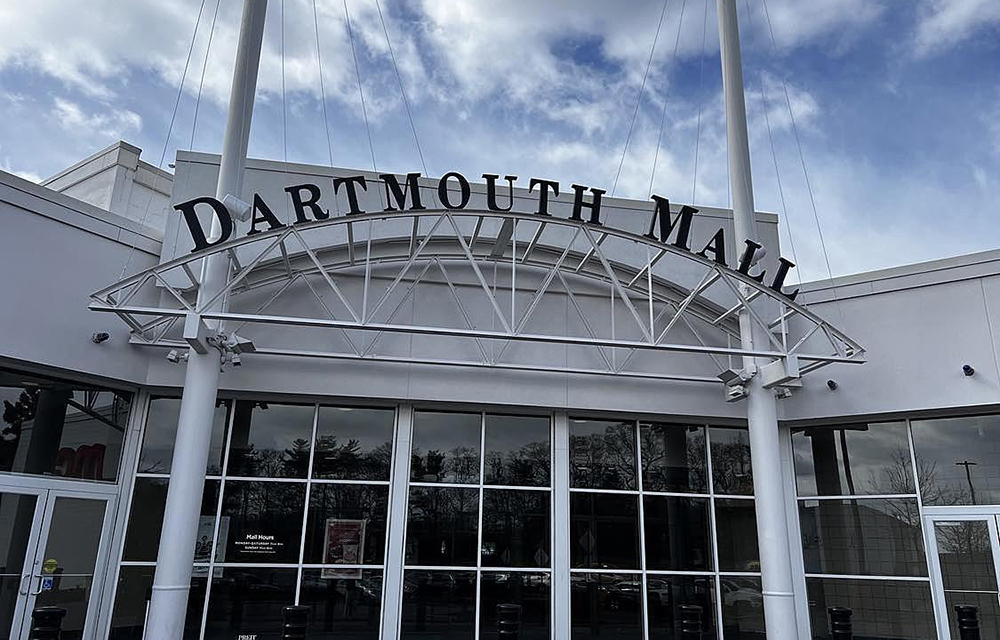Community Associations Institute member survey: CAI Lives Green
Boston, MA More than 80% of community associations make sustainable living a priority and incorporate ways to live green, according to “CAI Lives Green,” a recent member survey commissioned by Community Associations Institute (CAI). Survey respondents indicated the top ways to live green include recycling, picking up litter, and saving energy. As the leading authority in community association education, governance and management, CAI’s campaign “CAI Lives Green” is dedicated to empowering and recognizing community associations around the country who commit to environmental sustainability. 
CAI’s Green Resolution Challenge will recognize communities’ commitment to the environment and encourage participants to pledge one resolution that will make their community more sustainable between now and Earth Day 2018. Everyone who completes the Green Resolution Challenge will be recognized on the CAI Lives Green webpage and entered automatically in a drawing to win CAI Lives Green prizes.
Additional resources for the CAI Lives Green campaign include:
• Community: Earth, a free 24-page resource guide that describes energy-saving approaches, solar panel installation, the value of community gardens, and more.
• Examples of best practices that feature various communities’ approaches to fostering sustainability within their region.
• A checklist of ways community association managers and residents can contribute to living green each day.
Public Policy
CAI has been a longtime supporter of thoughtful environmental stewardship, and CAI’s public policy abides by three fundamental principles:
• Collaboration with our neighbors is the best way to develop sustainable, consensus-driven decisions.
• Respecting property rights and honoring private agreements between associations and homeowners are compatible with sustainable environmental practices.
• Vigilant consideration of our actions can minimize our environmental footprint.
“It’s now more important than ever to encourage and empower communities to do their part in fostering sustainable, green environments—and that’s why CAI is recognizing the hard and thoughtful work of our members doing so,” said Thomas Skiba, CAE, CAI’s CEO. “CAI Lives Green was created to promote environmental sustainability for community associations today and for tomorrow.”
PREIT to add new retail and dining options at Dartmouth Mall - Boot Barn, Lock Room by Lids, and more
Dartmouth, MA According to PREIT, Dartmouth Mall, the dominant enclosed retail destination in Southeastern Mass., will welcome the region’s first Boot Barn this fall. The nearly 15,000 s/f western and work wear retailer


Recently passed legislation creates opportunities to meet CT’s changing energy needs - by Klein and Feinn

IREM President’s Message: Fostering community connections during the holiday season


.png)





.png)
